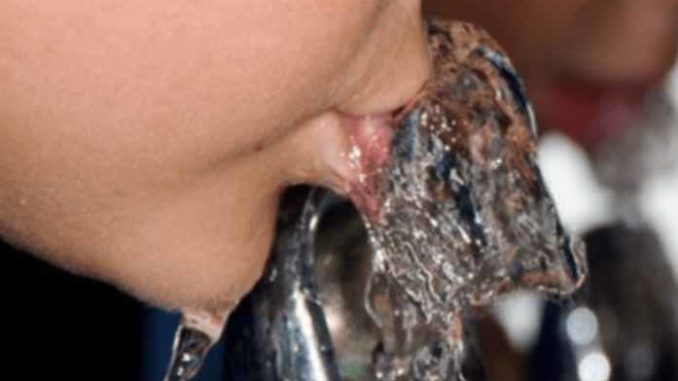
PHOENIX – Recently, the Arizona Department of Environmental Quality released a proposed roadmap outlining plans to convert treated wastewater into purified drinking water.
“Advanced water purification has the potential to provide a reliable source of purified water that can alleviate water scarcity issues faced in much of Arizona,” said Randall Matas, deputy director of the water quality division at ADEQ. “The additional source of sustainable healthy drinking water will really support Arizona’s growing population and economy.”
The Advanced Water Purification Program roadmap establishes and explains the technical standards to which purification technology will be held.
“That way, utilities can continue to innovate and install better and more efficient technologies as time goes on,” Matas said.
Another purpose of the roadmap is to educate stakeholders and the public about wastewater recycling, how it works and how it can provide a new source of reliable drinking water in Arizona.
RELATED STORY: Phoenix turns to artificial intelligence for improved wastewater monitoring
The roadmap, which Matas said has been in development for the past 18 months, was developed by a technical advisory group composed of subject matter experts, academics, utility experts, scientists and technical consultants.
One of the consultants was Robert McCandless, the North American water reuse treatment lead at Stantec, an engineering, architecture and environmental consulting company. According to McCandless, advanced water purification has two main objectives.
“One is to be able to control and prevent any disease-causing organisms from getting into the drinking water supply,” he said. “The other one is to remove chemicals that might be harmful.”
These objectives are achieved through what McCandless referred to as multibarrier protection, meaning wastewater will go through various steps of filtration down the line.
When wastewater first leaves Arizona households, it is given a base treatment that makes it safe enough to use for irrigation purposes.
“It’s water that is safe enough that, if you come in contact with it, you’re not going to have an issue,” McCandless said.
Multibarrier protection takes the already-treated wastewater and uses techniques including membrane filtration, reverse osmosis and advanced ultraviolet oxidation to remove dangerous impurities and make the water safe enough to drink.
“Advanced water purification produces healthy drinking water that meets or exceeds all state and federal drinking water quality standards,” Matas said, noting the technology has been used for years in Arizona.
Bryan Cassens, the water reclamation services director for Scottsdale, said the city has been working with reclaimed water since 1988. For the most part, this water has been used to replenish aquifers or used for irrigation purposes.
In 2012, Scottsdale began providing about 20 million gallons of treated wastewater per day to 23 local golf courses, helping them move away from using limited surface water sources.
“This was an effort to preserve the valuable resource we have,” Cassens said. “That partnership helped fund a lot of the advanced water treatment system.”
In 2019, after Arizona lifted its prohibition on direct potable reuse – recycling wastewater into drinking water – Scottsdale pursued a permit for a small-scale demonstration facility for advanced water purification.
The facility produces clean, safe drinking water, but this water does not yet enter the drinking water system. Instead, Scottsdale partners with local breweries to make beer with recycled water and allows people to try the purified water while on educational tours of the facility.
“It’s an effort for us to kind of get rid of the stigma behind what people see as wastewater and drinking water,” Cassens said. “A lot of the effort begins with us getting out and having these demonstrations where we go through the technical and the treatment process so that everybody understands what goes into it.”
Other states, such as California, Colorado and Texas, are pursuing similar wastewater reuse programs, but ADEQ’s caters toward Arizona’s specific needs.
“We have a lot of uncertainty with these megadroughts, what’s going to happen to our surface water supply, our groundwater supplies are finite,” McCandless said. “Reuse is really going to help us to extend those. It gets a lot of resilience in the face of droughts, and it’s a good high-quality source.”
The public comment period for the proposed roadmap ended on Dec. 2. Based on the feedback ADEQ gets, the agency will make changes to the roadmap and enter the project’s formal stakeholder process.
“Our goal is to have the rule finished by the end of 2024, which means that utilities that are interested in deploying this technology can then begin in 2025,” Matas said.
